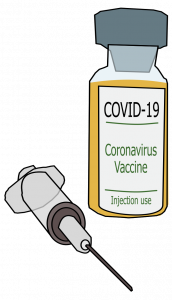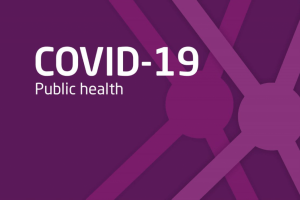by John Coggon, Professor, Law School, University of Bristol
Since the early stages of the covid-19 pandemic, urgent attention has been given to expediting the approval and provision of treatments that are shown to prevent or limit the harms that people experience when they contract covid-19. Such treatments have both reduced the burden of disease and lessened rates of mortality. As with any treatments within a healthcare system, these come against considerations of rationing and prioritisation. Any treatment is a finite resource, and in some instances there may be insufficient supply to provide it to all people who might benefit clinically. How, in such instances, may the NHS best, and most fairly, allocate a limited resource?1


